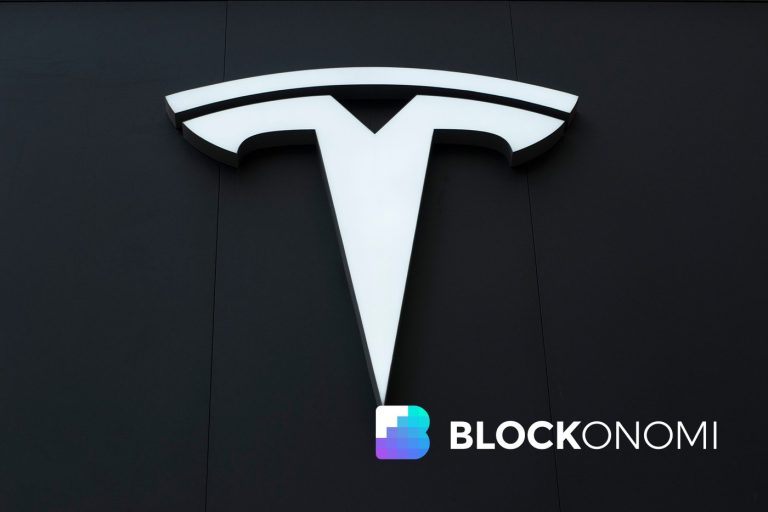
The Future of Education: What 2025 Holds
Introduction to the Future of Education

The Future of Education: What 2025 Holds. The education sector is on the cusp of a revolution, driven by technological advancements, shifting societal needs, and an evolving understanding of how we learn. As we look to the future, it’s clear that the traditional model of education will undergo significant changes, paving the way for more effective, personalized, and accessible learning experiences. In this article, we’ll explore the trends and innovations that will shape the future of education in 2025 and beyond.
Trends Shaping the Future of Education

Several key trends are set to transform the education landscape in 2025. These include:
- Personalized Learning: With the help of Artificial Intelligence (AI) and data analytics, educational institutions will be able to offer customized learning pathways tailored to individual students’ needs, abilities, and learning styles.
- Virtual and Augmented Reality: Immersive technologies will become increasingly integral to the learning experience, allowing students to engage with complex concepts in a more interactive and memorable way.
- Online and Blended Learning: The lines between traditional classroom learning and online education will continue to blur, with many institutions adopting hybrid models that combine the best of both worlds.
- Artificial Intelligence and Automation: AI will play a larger role in education, from grading and feedback to content creation and student assessment.
- Sustainability and Environmental Education: As concern for the environment grows, education will place a greater emphasis on sustainability, environmental science, and the skills needed to address the climate crisis.
Implications for Educators and Institutions

The future of education will require educators and institutions to adapt and evolve. This might involve:
- Professional Development: Teachers and educators will need training to effectively integrate new technologies and methodologies into their practice.
- Curriculum Reform: Educational curricula will need to be revised to reflect the changing needs of society and the economy, with a focus on skills like critical thinking, creativity, and collaboration.
- Infrastructure and Investment: Institutions will need to invest in the necessary infrastructure to support digital learning, including high-speed internet, devices, and software.
- Accessibility and Equity: Efforts will be made to ensure that the benefits of educational innovation are accessible to all, regardless of socio-economic background or geographical location.
Conclusion: Embracing the Future of Education

The future of education in 2025 is exciting and full of potential. As we embrace these changes, we must prioritize accessibility, equity, and the needs of the individual learner. By doing so, we can create a more inclusive, effective, and inspiring education system for generations to come.





